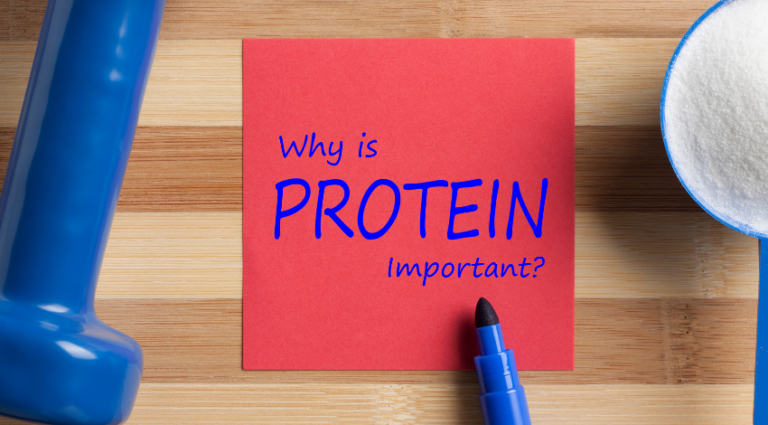
Viscosity, the measure of a fluid’s resistance to deformation or flow, plays a crucial role in various physiological and nutritional processes within the gastrointestinal tract. This is particularly relevant in poultry, where understanding the viscosity of substances in the chicken proxy ileum can impact feed efficiency, digestive health, and overall poultry production. This article explores why viscosity is important in the chicken proxy ileum and its implications for poultry farming.
1. Understanding the Chicken Proxy Ileum
The proxy ileum is a section of the small intestine in chickens, playing a critical role in nutrient absorption and digestion. The viscosity of fluids in this region affects how well nutrients are processed and absorbed.
2. Impact on Nutrient Absorption
Viscosity affects the movement of chyme (partially digested food) through the intestinal tract. High viscosity can slow down the transit time of chyme, potentially allowing for increased nutrient absorption. However, excessively high viscosity can also lead to slower digestion and nutrient absorption, which may affect the overall health and growth of the chicken.
3. Role in Enzyme Function
Digestive enzymes are crucial for breaking down complex nutrients into absorbable forms. The viscosity of intestinal contents can influence the effectiveness of these enzymes. In a more viscous environment, enzymes may have a more prolonged interaction with substrates, enhancing digestion. Conversely, extremely high viscosity might inhibit enzyme action, leading to incomplete digestion.
4. Influence on Gut Health
Viscosity also impacts the health of the gut lining. A balanced viscosity ensures that the intestinal mucosa is not overly stressed, which helps maintain the integrity of the gut barrier. High viscosity can lead to increased friction and stress on the gut lining, potentially causing inflammation or other gastrointestinal issues.
5. Effects on Feed Efficiency
Feed efficiency is a critical factor in poultry production, as it directly influences growth rates and feed costs. The viscosity of the intestinal contents affects how well the feed is digested and absorbed. Adjusting feed formulation to achieve optimal viscosity can improve feed efficiency and reduce waste.
6. Impact of Dietary Ingredients
Different dietary ingredients can affect the viscosity of intestinal contents. For instance, high-fiber diets typically increase viscosity, which can be beneficial for slow digestion but may also lead to excessive bulk and reduced feed intake. Understanding the viscosity effects of various feed components helps in formulating balanced diets for chickens.
7. Viscosity and Gastrointestinal Disorders
Abnormal viscosity levels can be associated with gastrointestinal disorders in poultry. Conditions such as coccidiosis or enteritis may alter the viscosity of intestinal fluids, affecting digestion and nutrient absorption. Monitoring viscosity can help in diagnosing and managing such conditions.
8. Practical Implications for Poultry Farming
For poultry farmers, managing the viscosity of intestinal contents involves optimizing feed formulations and understanding the digestive dynamics of their flocks. This includes adjusting ingredient types, levels, and processing methods to achieve the desired viscosity and ensure optimal digestion and nutrient utilization.
9. Future Research Directions
Further research into the relationship between viscosity and digestive health in poultry could lead to more precise feed formulations and improved management practices. Studies focusing on the interaction between viscosity and specific dietary components, as well as its effects on gut microbiota, could provide valuable insights for enhancing poultry production.
10. Conclusion
Viscosity in the chicken proxy ileum is a critical factor influencing nutrient absorption, enzyme function, gut health, and overall feed efficiency. By understanding and managing viscosity, poultry farmers can improve the health and productivity of their flocks, leading to better outcomes in poultry production.